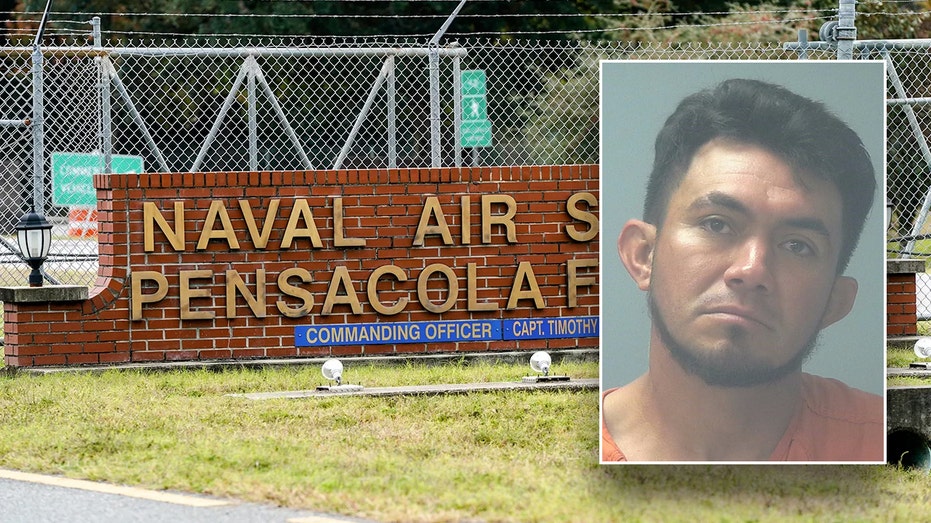Honduran National Charged for Illegal Entry at Florida Navy Base After Crash, DOJ Reports
Honduran national charged after crashing into Navy base barricade and fleeing on foot in Pensacola, DOJ reports.

A 34-year-old Honduran national, Orly Moises Garcia Hernandez, is facing serious federal charges after allegedly crashing a vehicle into a barricade outside Naval Air Station Pensacola and then illegally entering the base while fleeing law enforcement. The incident, which took place on May 25, prompted a significant law enforcement response and ultimately resulted in Garcia Hernandez’s apprehension by military police at gunpoint following a foot pursuit.
According to federal authorities, Garcia Hernandez is charged with illegally entering military property and resisting or impeding arrest by a federal officer. These charges could result in a sentence of up to 18 months in prison if he is convicted, in addition to deportation proceedings. Jail records indicate that Garcia Hernandez is currently being held without bond at Santa Rosa County Jail.
The Department of Justice highlighted the event as part of an ongoing effort under Operation Take Back America, a nationwide initiative coordinated by the Department of Homeland Security. This operation aims not only to address illegal immigration but also to dismantle cartels and transnational criminal organizations, described as "perpetrators of violent crimes," and to enhance community safety across the United States.
Investigative efforts related to the case are being led jointly by the U.S. Navy and Homeland Security Investigations. Officials noted that the operation incorporates resources from the Organized Crime Drug Enforcement Task Forces (OCDETFs) and Project Safe Neighborhoods (PSN), reflecting a multi-agency approach to tackling both immigration violations and organized crime threats.
As the legal process moves forward, federal authorities have emphasized the importance of strong enforcement measures to deter similar incidents and safeguard critical military facilities. The case continues to draw attention amid heightened debate over border security and the government’s broader crime prevention strategies.




